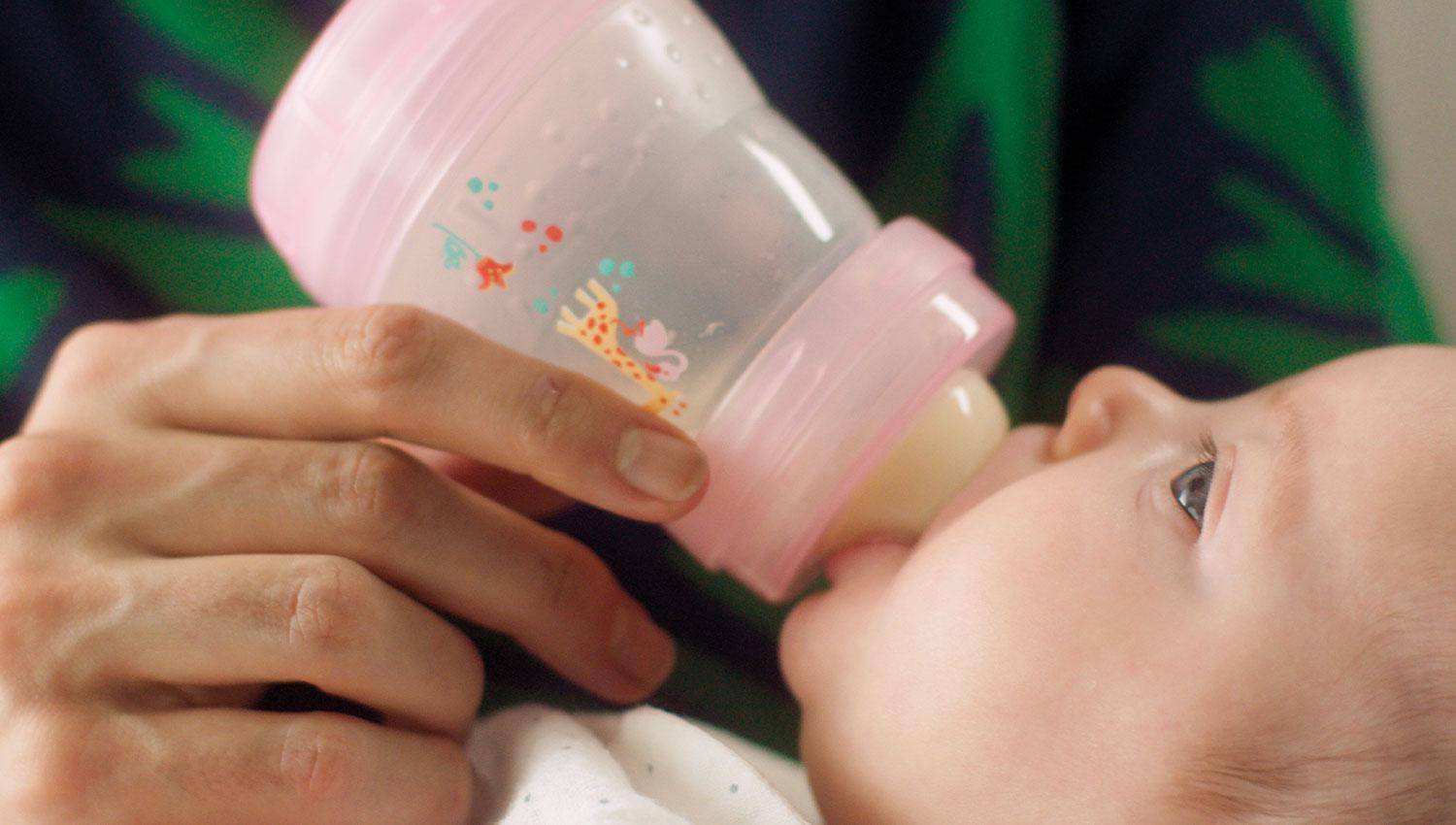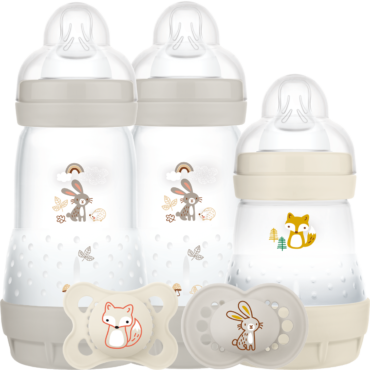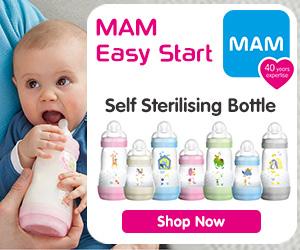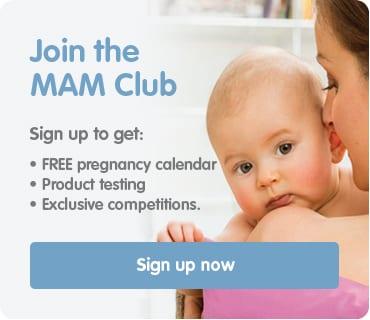
By Breastfeeding Expert Clare Byam-Cook
Clare Byam-Cook trained as a nurse and a midwife. She worked for several years at Queen Charlotte’s Maternity Hospital in London before joining Christine Hill’s antenatal practice in Chiswick in 1989, where she taught the breastfeeding classes until 2013. Clare now works with MAM to help educate and support women through their baby feeding journey.
All or Nothing Approach
It is very common for mothers to worry that if they give their breastfed baby even one bottle they will create ‘nipple-teat confusion’ and ruin breastfeeding forever.
This is a great shame as this ‘all-or-nothing’ approach will often cause a mother to give up breastfeeding earlier than she wants, particularly in the early days when she might be having common breastfeeding problems such as sore nipples or a low milk supply.
It is far better for these mothers to give themselves temporary respite by offering their baby a bottle than to give up breastfeeding altogether.
And, not only do I think it is fine to give the occasional bottle of expressed milk (or formula when needed), but I also think it can enhance the whole breastfeeding experience by allowing others such as Dad to get involved with the feeding.
Returning To Work
Returning to work is another time when combination feeding might be better than giving up breastfeeding completely. There are many different ways that mothers can do this and much of it will depend on their milk supply and work schedule.
Some mothers opt to breastfeed morning and evening and then express their milk at work so that their baby can be bottle-fed breast milk during the day, while others are happy for their babies to be given formula milk. If a mother does not want to express at all during working hours, she should spend a week or so before returning to work gradually reducing feed times during the day to help her breasts adjust to the new routine.
If she does not do this, she will almost certainly suffer from hard, engorged and painful breasts along with the risk of developing mastitis – which is the last thing she needs when she has just gone back to work.

Prior to returning to work, it is also essential to make sure that a baby is happy to feed on a bottle, especially if he/she has rarely or never been bottle-fed. I find that the MAM Easy Start Anti-Colic bottle suits babies of all ages, and is the one that I most frequently use when helping an exclusively breastfed baby learn to bottle-feed.













